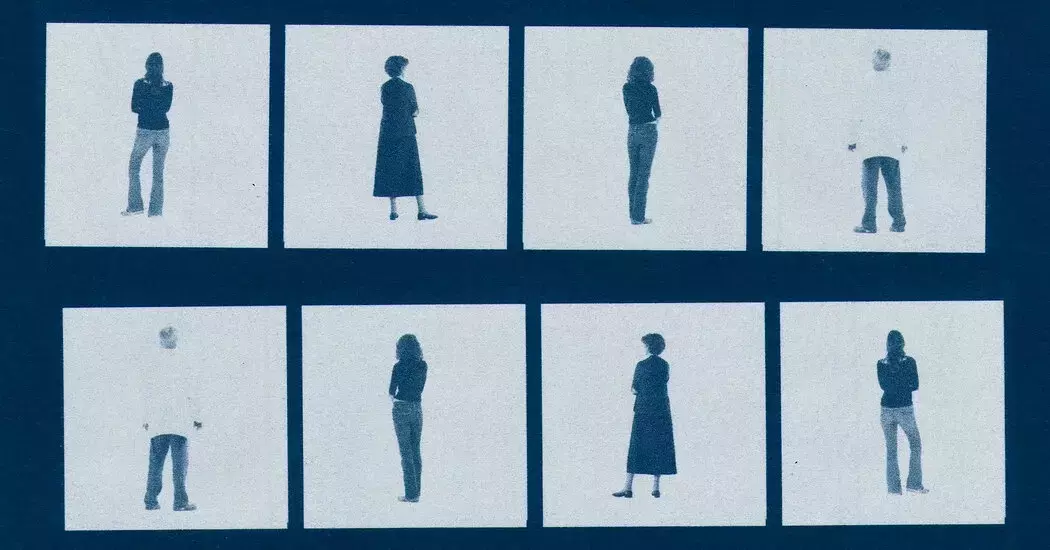
In today's digital age, social media platforms like TikTok have become a hub for sharing personal experiences and raising awareness about mental health conditions. One such concept gaining traction is rejection sensitive dysphoria (R.S.D.), which refers to an extreme emotional response triggered by perceived or actual rejection, teasing, or criticism. Although not officially recognized in diagnostic manuals, R.S.D. resonates deeply with many individuals who live with attention deficit hyperactivity disorder (ADHD). This article delves into the phenomenon of R.S.D., its manifestations, and how it impacts those navigating ADHD.
A viral TikTok video illustrating the emotional upheaval associated with R.S.D. has garnered close to 300,000 likes, sparking widespread discussion among viewers. The creator likened the experience of rejection to the sudden burst of a balloon—symbolizing an overwhelming surge of emotions. For people with ADHD, this heightened sensitivity can feel all-consuming, affecting their daily lives and relationships.
Erin Ryder, a 24-year-old teacher from the Detroit area living with ADHD, shared her struggles with R.S.D. She described reacting intensely to situations where she perceives herself as being overlooked or dismissed. A recent incident involving her boyfriend postponing plans due to work fatigue left her grappling with intrusive thoughts and obsessive reasoning. Initially consumed by despair, Erin later acknowledged that her reaction was disproportionate but explained that in the moment, the situation felt catastrophic.
R.S.D. manifests differently for each individual, yet common threads include feelings of inadequacy, self-doubt, and an inability to rationalize during moments of distress. These reactions often stem from ingrained patterns of hypersensitivity toward external stimuli, compounded by ADHD’s inherent challenges in regulating emotions.
As conversations around R.S.D. continue to evolve on social media, they foster a sense of community and validation for those who resonate with these experiences. By naming and understanding their emotional responses, individuals like Erin gain tools to manage their sensitivities more effectively.
Beyond mere awareness, exploring R.S.D. offers insights into the complexities of ADHD and highlights the importance of empathy in interpersonal interactions. Recognizing and addressing these emotional triggers can pave the way for healthier coping mechanisms and improved well-being. Through open dialogue, society moves closer to destigmatizing mental health struggles and supporting those affected by them.
